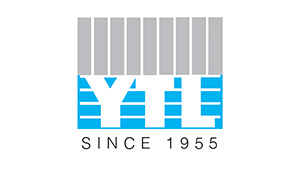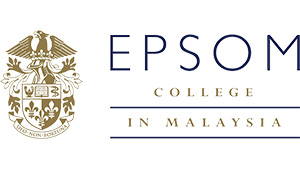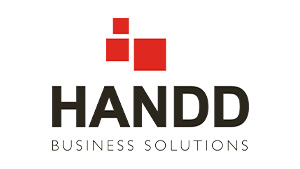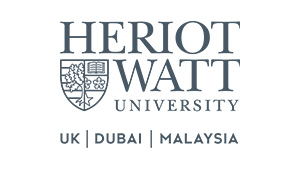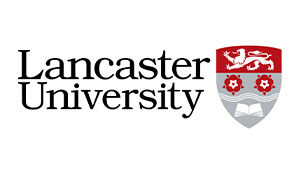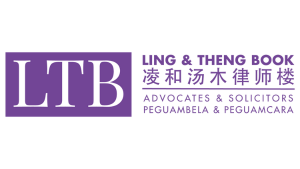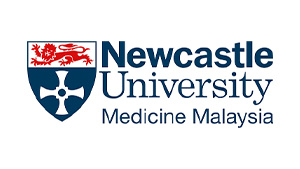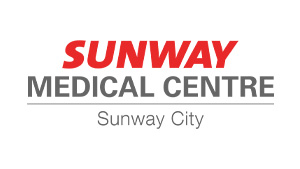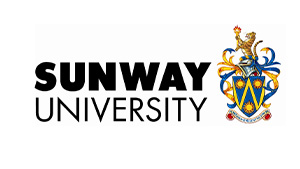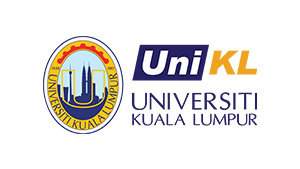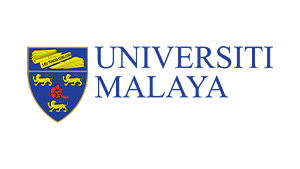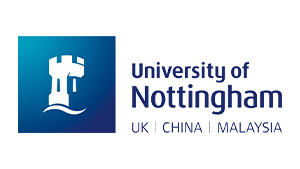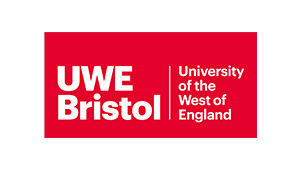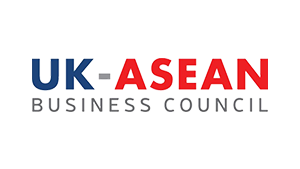Professor Chris Baldwin, CEO & Provost, Newcastle University Medicine Malaysia (NUMed) Sdn Bhd
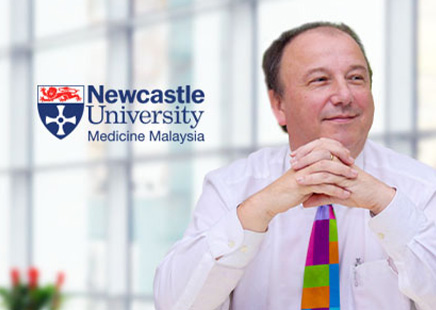

Newcastle University was first approached to set up a branch campus in Malaysia in 1994, to deliver undergraduate Medicine and Biomedical programmes identical to, and comparable to, those being offered in our parent campus in the UK albeit contextualised to the local environment and cultures. Newcastle University Medicine Malaysia (NUMed) was finally established, after most detailed analysis and planning of the venture, in 2009. The first 24 students were recruited onto our Medicine (MBBS) programme in September 2009, although they had to study for their first two years in the UK whilst the campus was being built, and we opened officially, as the first University in Educity, Iskandar Puteri, in 2011.
Since the original cohort of 24 students in 2009 we have grown significantly and we now have nearly 800 students on campus studying our undergraduate programmes in Medicine and Biomedical Sciences and our Foundation in Sciences programme which allows students to continue their studies either here at NUMed or in the UK.
What are some of your organisation’s proudest moments/milestones in Malaysia?
I have now worked here at NUMed for more than six years and we have had many proud moments and achieved many milestones but for me I feel that the following three are probably our proudest moments.
- We were the first medical school in the world to have a fully international programme accredited by the General Medical Council in the UK. This means that our medical degree has full accreditation in both the UK by the General Medical Council and in Malaysia by the Malaysian Medical Council.
- It is always a wonderful experience seeing our students graduate but it was a great milestone, that reflected a huge number of people’s hard work, when we graduated our first cohort of medical students in 2014.
- We have, as has everybody, faced a huge amount of disruption over the last 18 months or so with COVID-19. This has impacted our ability to teach on campus and to teach at our partner hospitals and Klinik Kesihatan, which is critical for a medical degree. Thus, I am personally really proud of how everyone at NUMed has worked together to allow our students to both progress through their programmes of study and graduate as expected during this very difficult period.
Based on your overall experience of doing business in Malaysia, name the advantages and challenges of doing business in Malaysia.
One of my greatest personal pleasures has always been working with students and I still make sure that I lecture our Medical and Biomedical Sciences students throughout the year on my subject of Immunology. Our students here in Malaysia are all very keen and committed and they all work very hard as they all want to do their best to succeed and it is a pleasure to teach them and I know my colleagues here at NUMed feel the same.
Further to this, we are a relatively small campus and this gives me the opportunity to get to meet and get to know our students very well, much more so than I would be able to do in the UK.
One of our biggest challenges is meeting some of the regulatory hurdles that we face to ensure that we retain our accreditation with both the General Medical Council in the UK and the Malaysian Medical Council here in Malaysia.
How or what did you do to overcome these challenges?
The regulatory frameworks that we must adhere to in Malaysia are very detailed and do change from time to time and thus it is very important that we recruit and retain local talent who have experience of working in these areas. This simple, but sometimes overlooked tip, can save a huge amount of time and effort in ensuring that you do meet all local regulatory requirements as they can be very significantly different from the UK.
Based on your experience of working in Malaysia, what are the three most important criteria for achieving business success in Malaysia?
- Very detailed planning before you start carrying out your business in Malaysia and detailed market research where appropriate.
- Asking, and listening to advice from established companies and organisations in Malaysia, including the BMCC as they will be able to help you in your planning and will advise you of any potential problems or pitfalls.
- Working closely and keeping good relationships with government departments and agencies to ensure that you meet all regulatory requirements. For us, to name but a few, this means keeping strong working relationships with the Ministry of Health, the Ministry of Higher Education, the Malaysian Qualifications Agency, the Malaysian Medical Council and our local teaching hospitals here in Johor.
How has your business evolved during this pandemic, especially in terms of optimisation of human technology and resources?
I think that there were three main areas to our pandemic response.
First, it was managing the sudden, practically overnight, switch to online learning and teaching. It was fortunate that we already had a lot of online tools for teaching, but we needed to invest in some new areas for online tools (e.g. marketing) and develop our teaching provision appropriately, including training of colleagues in some of the new technologies. It was actually really good to see how everyone has worked so hard to develop their skills in this area and we will be keeping some of the new ways that we have developed our teaching as we go back to living with COVID.
Secondly, it was very important that we managed our messaging to both students and colleagues to ensure that we were consistent. This was quite hard at times as COVID regulations did change very quickly but we do want to keep chopping and changing our decisions as this would have made things much more difficult for everyone. In the end I think we did a good job here.
Thirdly, it was very important that we provided appropriate support to all of our students and colleagues both in terms of support for their mental health and support in other ways, where we could, particularly during strict lockdowns or when we had to extend teaching provision beyond the normal teaching year.
What are your top 3 reasons for your organisation joining the BMCC?
- To be part of an organisation that understands the needs of British businesses in Malaysia.
- To work together with other members of the BMCC, particularly in the Education sector, to highlight issues to relevant Ministries and non-Governmental bodies in Malaysia.
- Outstanding workshops and forums with a wide range of Government ministers and CEOs of businesses in Malaysia give invaluable insights into how we may develop our business in Malaysia as we go forward.
What is the top value you see for yourself or your organisation in being a member of the BMCC?
To be able to access the expertise of other British organisations in Malaysia and to be able to ask for help and advice when needed.
In one sentence, how would you describe your own experience or your organisation’s experience as a member of the BMCC?
An excellent team at the BMCC who are highly professional and highly proactive in helping UK businesses in Malaysia develop and grow.













